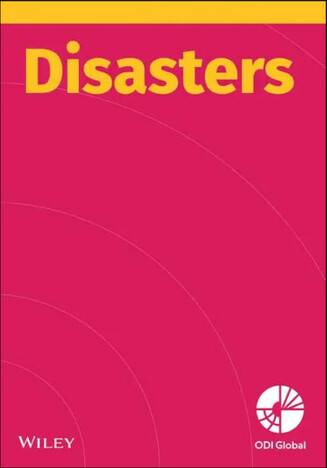THE LOST CREEK FIRE: MANAGING SOCIAL RELATIONS UNDER DISASTER CONDITIONS
ABSTRACT
This paper examines some of the social processes associated with disaster conditions. Utilising an asset-based perspective of community capacity, it focuses on four types of normative systems to interpret the ability of communities to manage disasters through market-, bureaucratic-, associative-, and communal-based norms. Drawing on experience of a wildfire in the Crowsnest Pass region of southwest Alberta, Canada, in 2003, the tensions and compatibilities among these normative systems are evaluated through interviews with 30 community leaders. The results confirm the contributions of all types of social capital to resiliency, the necessity for rapid use of place-based knowledge, and the importance of communication among all types and levels of agents. In addition, they point to the value of identifying and managing potential conflicts among the normative systems as a means to maximising their contributions. The integration of local networks and groups into the more general disaster response minimised the impacts on health and property.
Statistics
Web of Science Times Cited
12
Journal Citation Indicator
1.23

